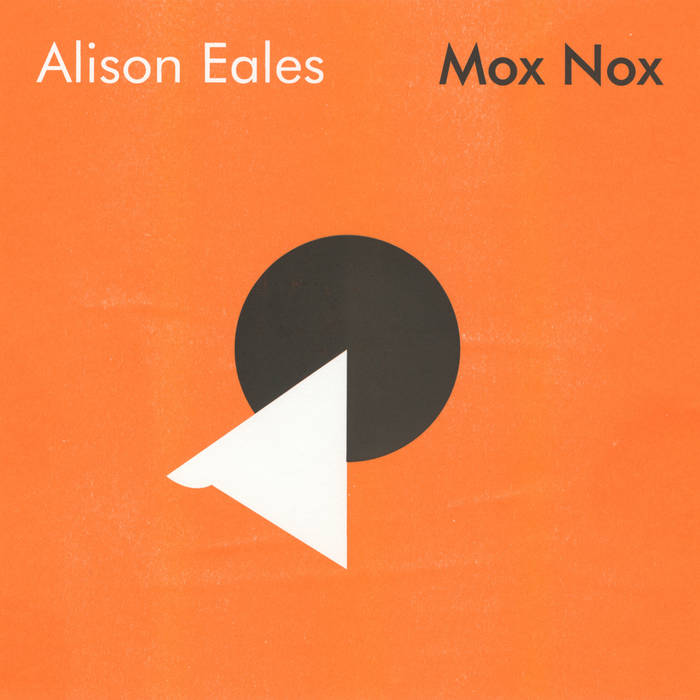Perhaps best known for being a member of Glasgow’s rather awesome Butcher Boy, Mox Nox is Alison Eales‘ solo debut. It is a brilliantly accomplished piece of work.
The album is an album about the passing of time – most specifically, the transition from day to night. Its twelve songs explore experiences of all-nighters, anxiety, travel, frustration, and friendship. Not so much a concept album, per se; rather songs united around a concept. With support from Creative Scotland, the album was produced by Paul Savage at Chem 19 studios, the legendary Scottish recording studios just outside Glasgow which have seen the creme de la creme of the Scottish music scene pass through its doors over the last thirty years.
It’s a thing of beauty, this record. To do her justice, I won’t compare her to individual artists, but speak (write!) of a sonic palette that binds electronica, chamber pop and folk with gorgeous indie pop, most importantly with the songs to develop all the wonderful ideas going on here. It must also be said that while headphones aren’t always the best way to experience an album, this album is one that would be the perfect soundtrack to a train or bus journey (preferably one where you could get a seat to yourself and not have to deal with people interrupting you).
‘Rapunzel‘ ‘ opens the album with its shimmering wine glasses (no, really)and dulcimer. The song deals with the frustration of feeling isolated and not fully engaging with life. This theme continues on ‘Ever Forward,‘ with its lyrics about being trapped in a dilapidated seaside town as the seasons change. Seaside towns can be brilliant places in summer, but winter months can make them feel desperately bleak, pretty much anywhere in the British Isles.
Perhaps the highlight of the album is the single Fifty-Five North, which closes the first side of the album, and looks at similar themes to ‘Ever Forward‘. While both songs deal with struggling with the change of the seasons, this song is rooted firmly in Glasgow and expresses how a place can be both transformative and overwhelming. The song features samples from the Glasgow Subway – also known as the Clockwork Orange – with a rhythm track made from the sounds of the train doors closing, and a melody made from the ping of the turnstiles.
There’s so many wonderful moments on here – whilst I hope those reading will take the time to check out the album, special mention should also be made of the final closing track ‘Come Home With Me‘ which is an upbeat end to the album. It might seem odd to think of 1970s electronic acts collaborating with, say, a chamber pop orchestra circa 1968, but then that’s this album in a nutshell; perfect pop drawing on very different ideas.
Ms. Eales doesn’t put a foot wrong here. You are probably unlikely to hear many records as individual as this album this year, so make sure you hear this one!




